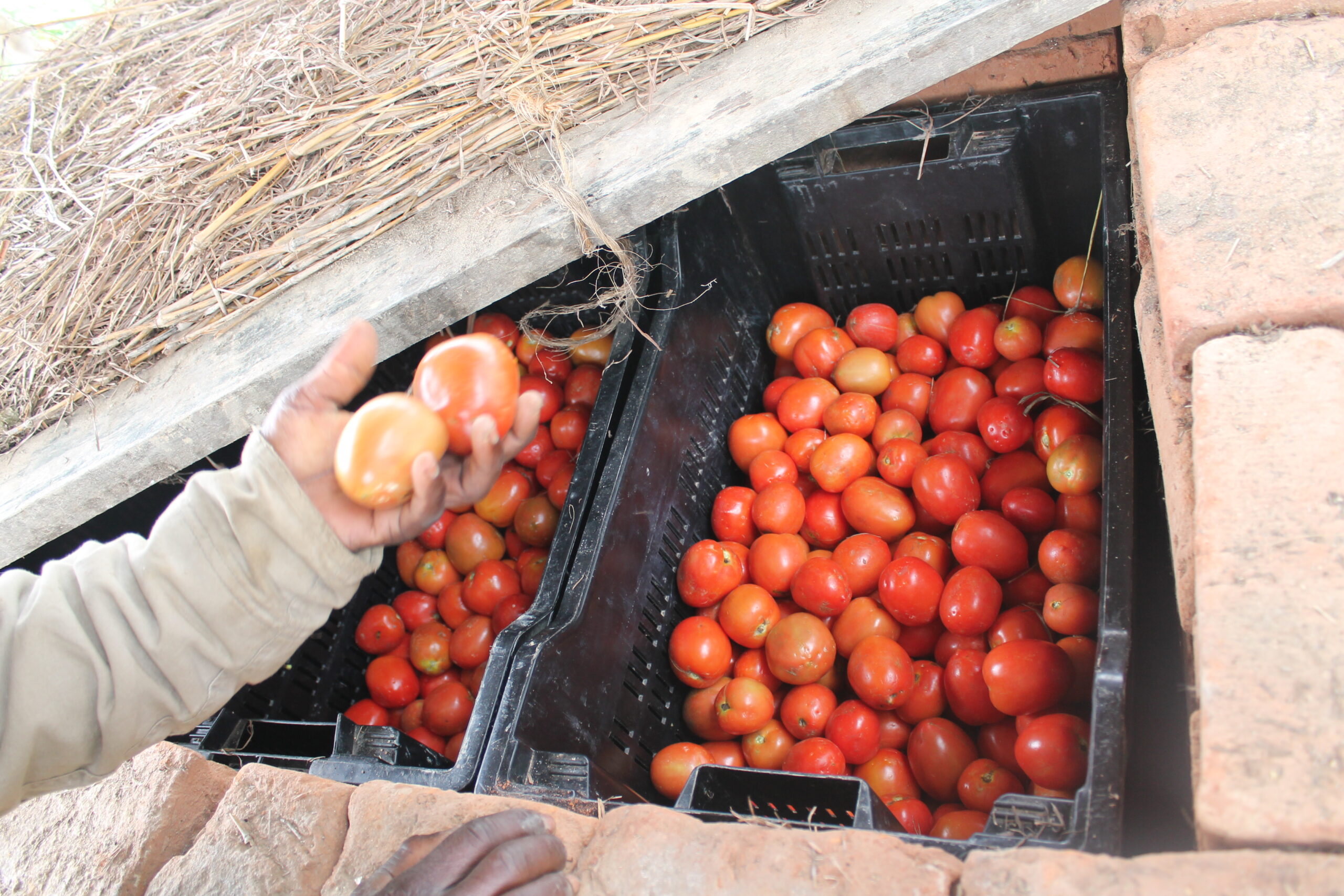Iringa, Tanzania – The Southern Agricultural Growth Corridor of Tanzania (SAGCOT) has been at the forefront of revolutionizing tomato farming through its Tomato Value Chain Strategic Partnership. Launched in May 2015 in the Ihemi Cluster, this initiative aims to improve the livelihoods of smallholder farmers by addressing key challenges in tomato production and creating a sustainable, inclusive agricultural model.
Overview of the Tomato Value Chain
Tomato farming is a crucial part of Tanzania’s agricultural landscape, with tomatoes being the largest vegetable crop grown predominantly by smallholder farmers. Despite this, the varieties cultivated often lack resistance to pests and diseases, resulting in low yields. The fragility of tomatoes also poses significant challenges during transportation, leading to high post-harvest losses. According to the Tomato Value Chain document, “varieties grown in Tanzania often offer poor resistance to pests and diseases and produce low yields. Moreover, tomatoes can be fragile and thus easily damaged in transportation.”
To mitigate these issues, SAGCOT established a strategic partnership involving multiple stakeholders, including Darsh Industries and Green Valley Agro. This partnership focuses on enhancing the entire value chain, from production to processing, thereby ensuring a holistic approach to agricultural development. “The partnership operates across the whole value chain: from production to processing,” states the SAGCOT Tomato Value Chain Strategic Partnership brochure.
Sustainable Practices and Technological Innovations
One key aspect of the partnership is the emphasis on sustainable farming practices. With tomatoes primarily produced near wetlands and riverbanks, the initiative prioritizes environmentally friendly production technologies. “The partnership is also prioritizing sustainable production technologies to ensure that the expected increased tomato production has a positive environmental impact,” the document highlights. This effort is supported by several conservation organizations that work with SAGCOT to promote sustainable farming practices.
Innovative farming techniques introduced by Green Valley Agro include the Mtumbwi system, Smart Farming, and Smart Water Irrigation. These methods improve productivity and reduce the environmental footprint of tomato farming. “Green Valley Agro has developed new cultivation techniques, including the Mtumbwi system, Smart Farming (via sensor fusion techniques), Smart Water Irrigation, and Young Plant Raising systems,” notes the document.
Economic and Social Impact
The economic benefits of the partnership are significant. By integrating local farmers into the tomato value chain, the initiative has provided them with a reliable market for their produce, reducing dependency on imported tomato pulp. “The Tomato Partnership has helped to reduce dependence on imported tomato pulp: Darsh Industries has been importing up to 70% of its pulp from China due to a lack of local sourcing options.”
Moreover, the partnership has implemented several interventions to address challenges in the tomato industry. These include linking farmers with financial institutions for access to irrigation equipment, educating them on proper agro-chemical use, and improving their financial literacy. “To overcome these challenges, the Tomato Partnership has been working closely with all project stakeholders to build the capacity of smallholder farmers,” the document states.
Addressing Challenges with Cold Storage Solutions
One of the critical challenges faced by tomato farmers is the high rate of post-harvest losses due to inadequate storage facilities. A significant portion of fresh produce, including tomatoes, perishes before reaching consumers. Solar-powered cold storage has been proposed as a sustainable solution to this problem. However, the adoption of this technology faces several hurdles, including high upfront costs and limited awareness among farmers and traders.
“Solar-powered technologies are a clean energy solution with environmental benefits. But they are rarely promoted; marketing is poor,” reports Phys.org. Farmers express concerns about the acceptance of refrigerated tomatoes by consumers, who often prefer freshly harvested produce. “Distant buyers from Dar es Salaam, Tanga, or Dodoma sometimes opt to come straight to the farm and pick the tomatoes they want,” a farmer mentioned, highlighting the need for better education and market adaptation to cold storage technologies.
Success Stories and Future Prospects
The success stories emerging from the Tomato Value Chain Strategic Partnership are inspiring. Yusuph Yasini, a tomato farmer from Matufa village, experienced a transformation in his farming practices after adopting the ANSAL F1 variety, which is resistant to bacterial wilt. This change resulted in higher yields and increased profitability. “For the first time in his tomato-growing journey, Yusuph didn’t lose plants to bacterial wilt,” reports Vegetables by Bayer. His success story underscores the potential of improved seed varieties and sustainable farming practices in enhancing agricultural productivity.
Looking ahead, the partnership continues to seek additional members to expand its comprehensive value chain approach. Efforts are also underway to develop infrastructure, improve access to quality seeds, and promote innovative farming techniques to ensure the sustainability and profitability of tomato farming in Tanzania.
the Tomato Value Chain Strategic Partnership exemplifies SAGCOT’s commitment to promoting inclusive and sustainable agricultural development. By addressing key challenges and leveraging innovative solutions, the initiative is paving the way for a more prosperous future for Tanzanian farmers.
